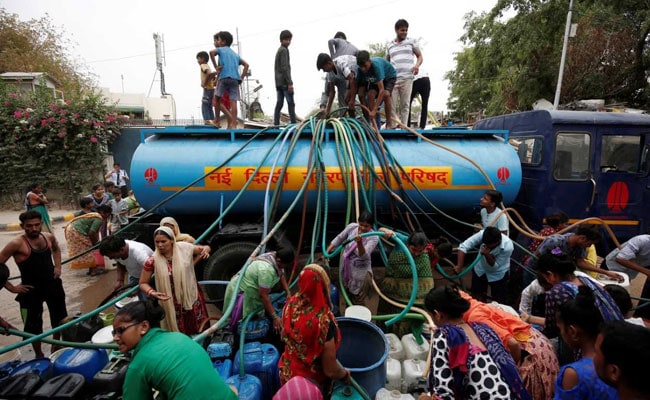Bengaluru Water Supply Board Chairperson Ram Manohar conducted a meeting with builders and contractors to tackle the worsening water crisis. Builders engaged in constructing structures exceeding 20,000 sq ft are now mandated to use ‘purified environment-friendly water for construction work.’ This directive follows recent initiatives to replenish groundwater by filling drying lakes with 1,300 million litres of treated water per day.
The Bengaluru Water Supply and Sewerage Board (BWSSB) has imposed a ban on the use of potable water for non-essential purposes, including car washing, gardening, construction, water fountains, and road maintenance. Violators of this restriction will face a ₹5,000 fine. To boost water supply, BWSSB is installing filter borewells and constructing water plants near restored lake beds, contributing an anticipated 20–30 MLD of water to the system.
Responding to the water scarcity, the government has taken control of private water tankers to counter water mafia activities. BWSSB extended the registration deadline for water tanker owners until March 15. Fixed prices for tanker water have been established to prevent alleged extortion, ranging from ₹600 to ₹1000 for a 6000-litre tanker within 5 km, and ₹750 to ₹1200 for distances between 5 and 10 km.
Additionally, Bengaluru’s water management authority announced new restrictions on using drinking water for swimming pools. The government’s proactive measures aim to address the current water scarcity, marked by over 3,000 dried-up borewells in Bengaluru due to poor rainfall in the previous monsoon season.







